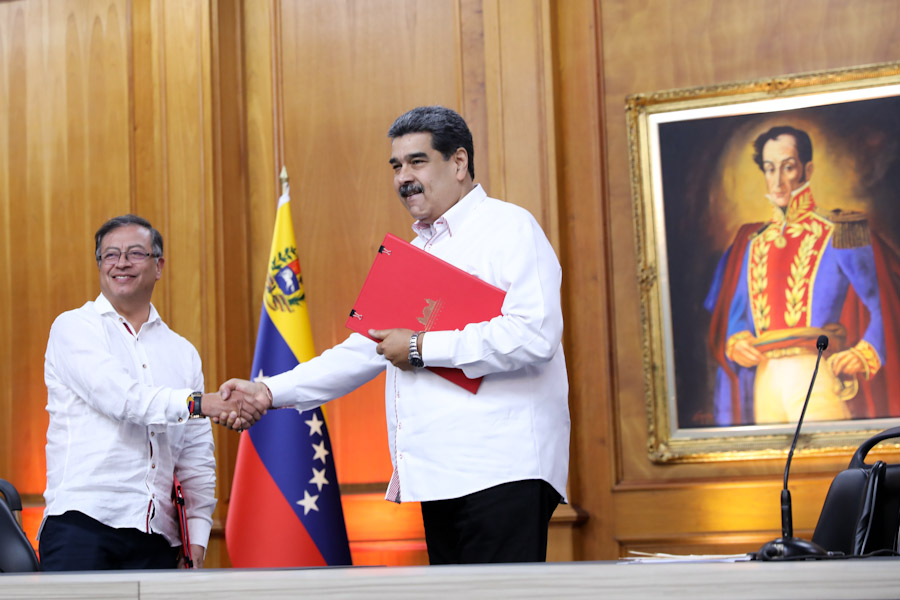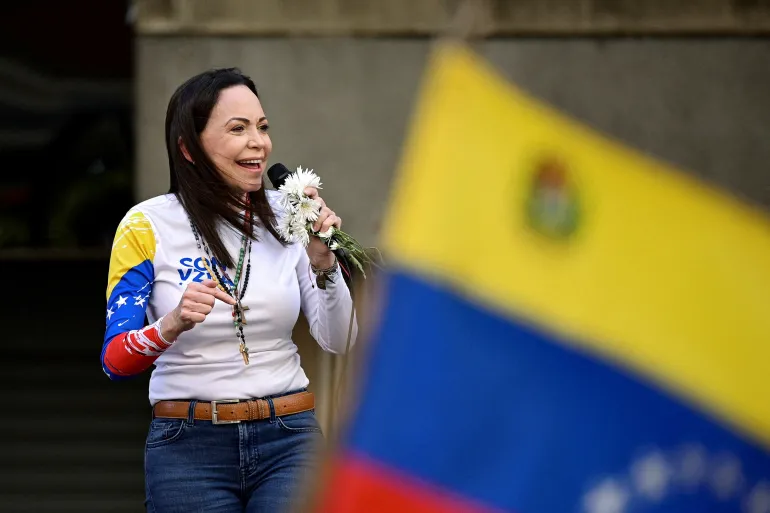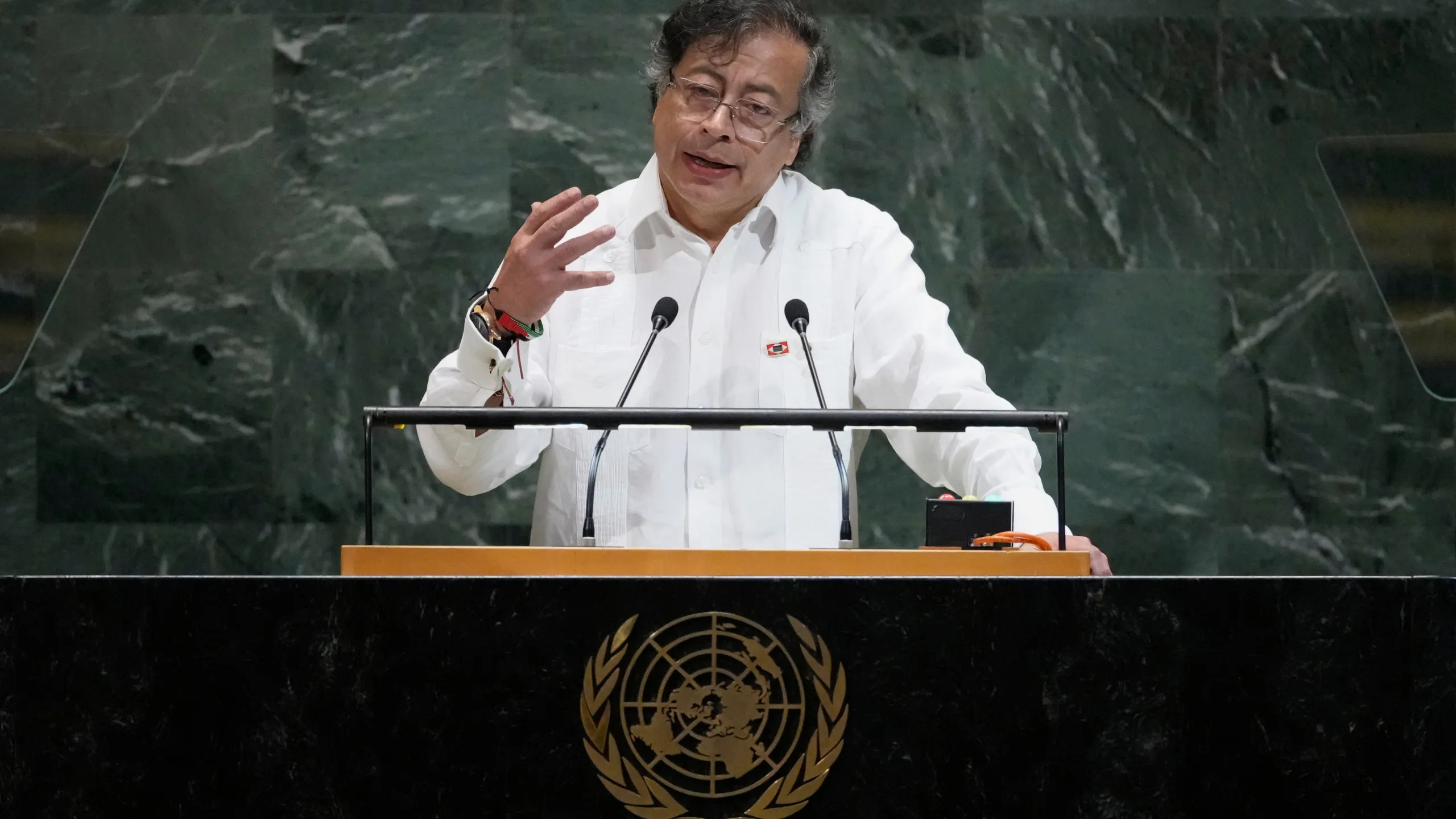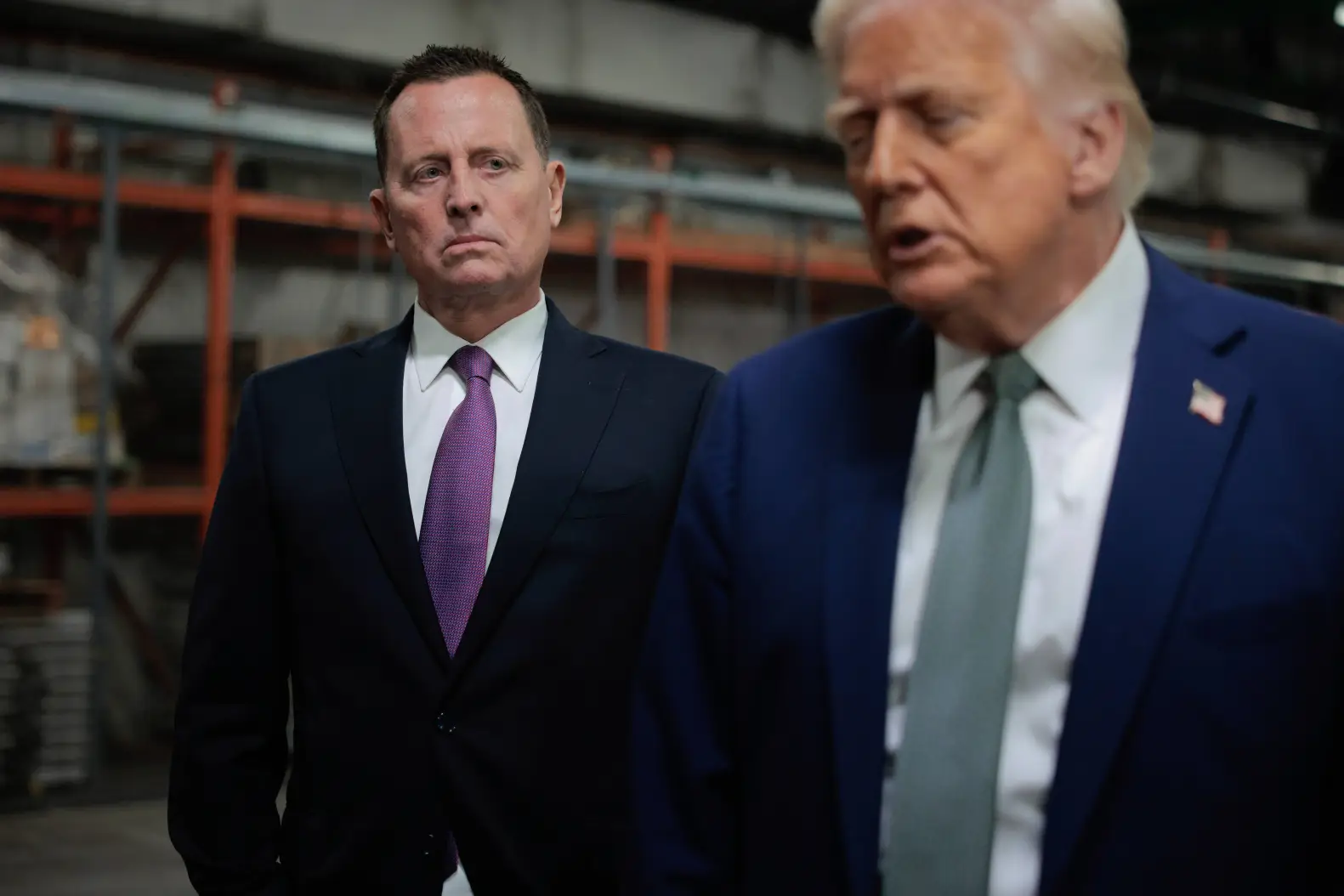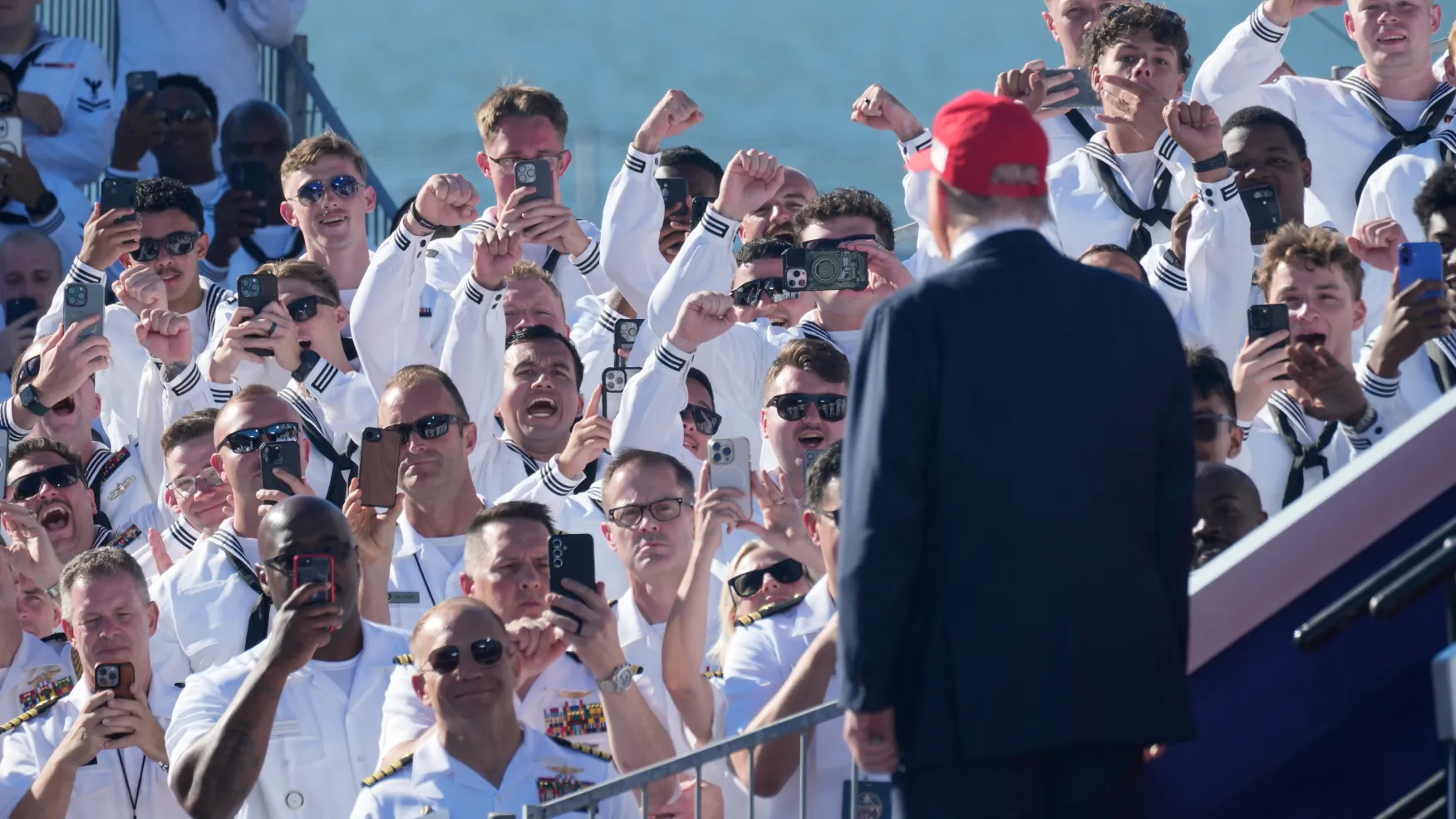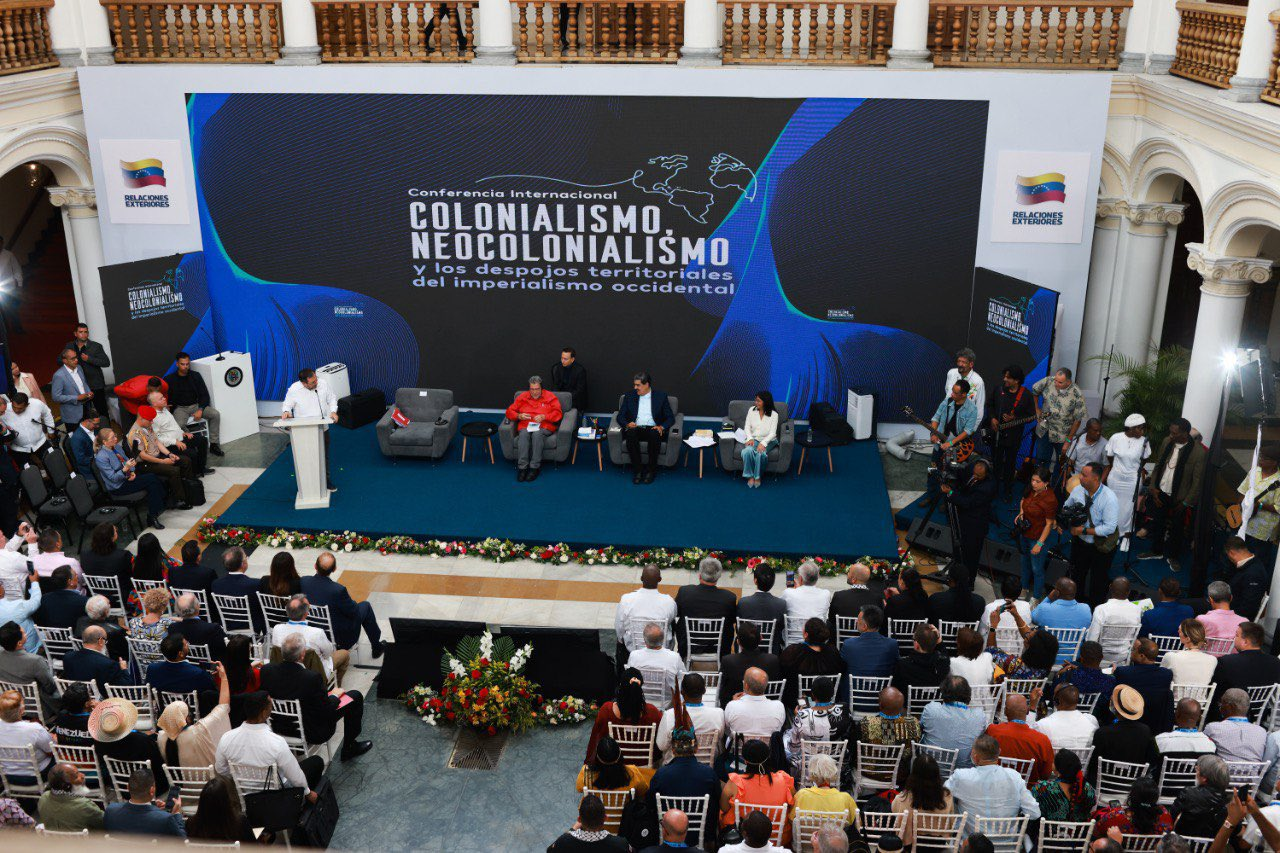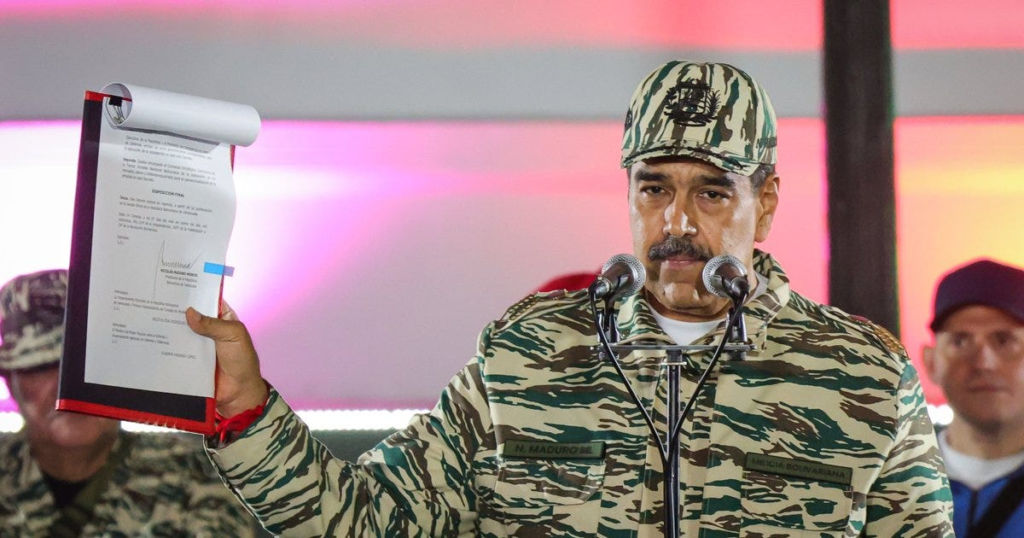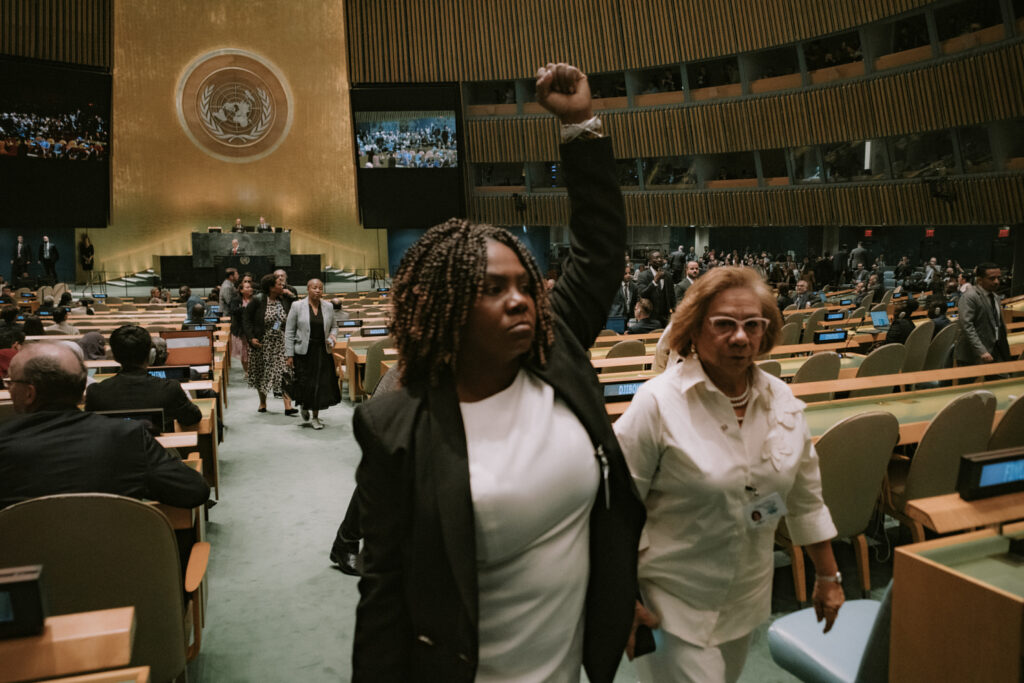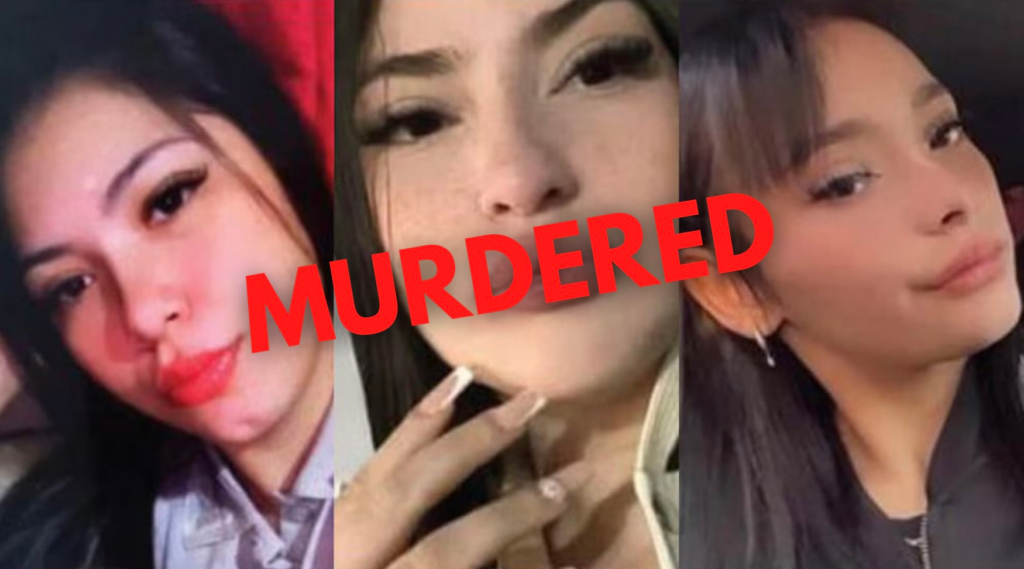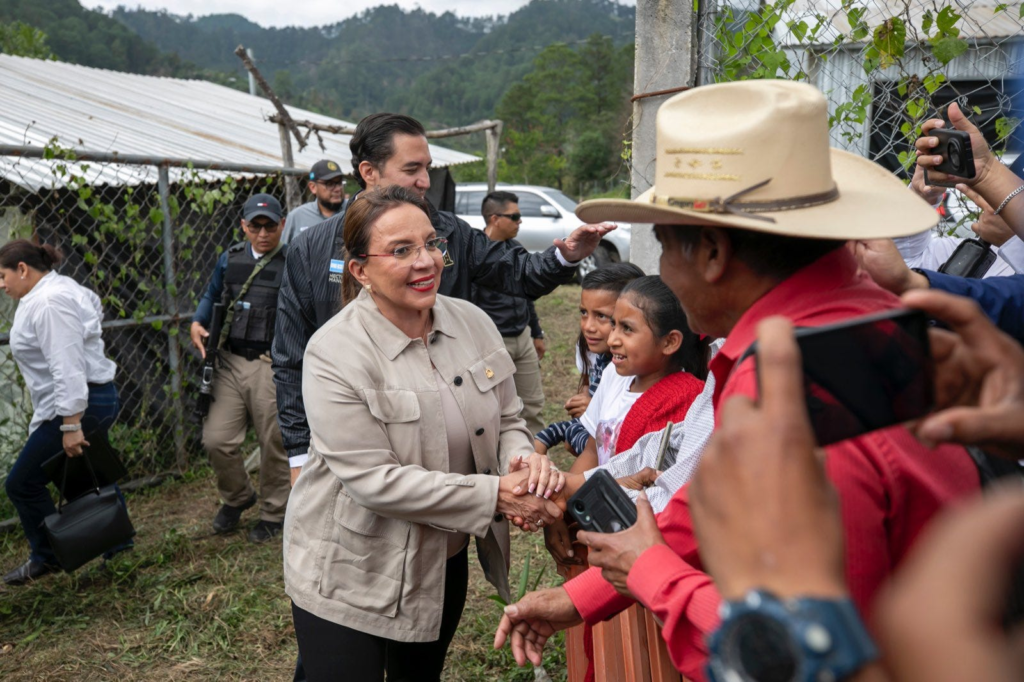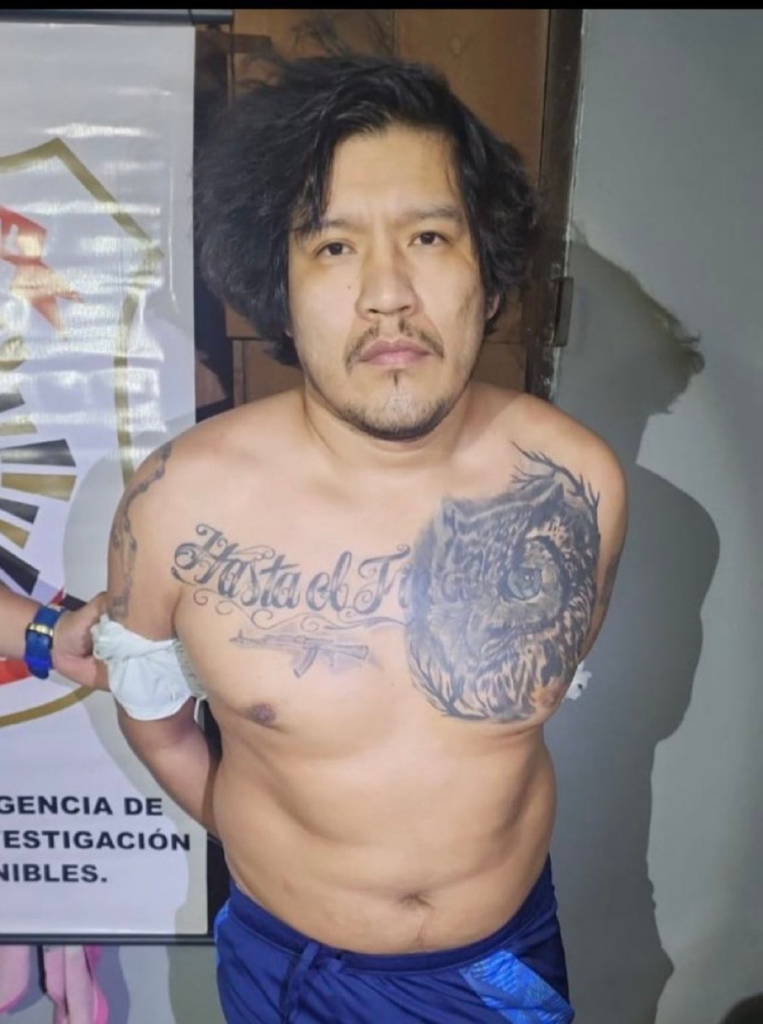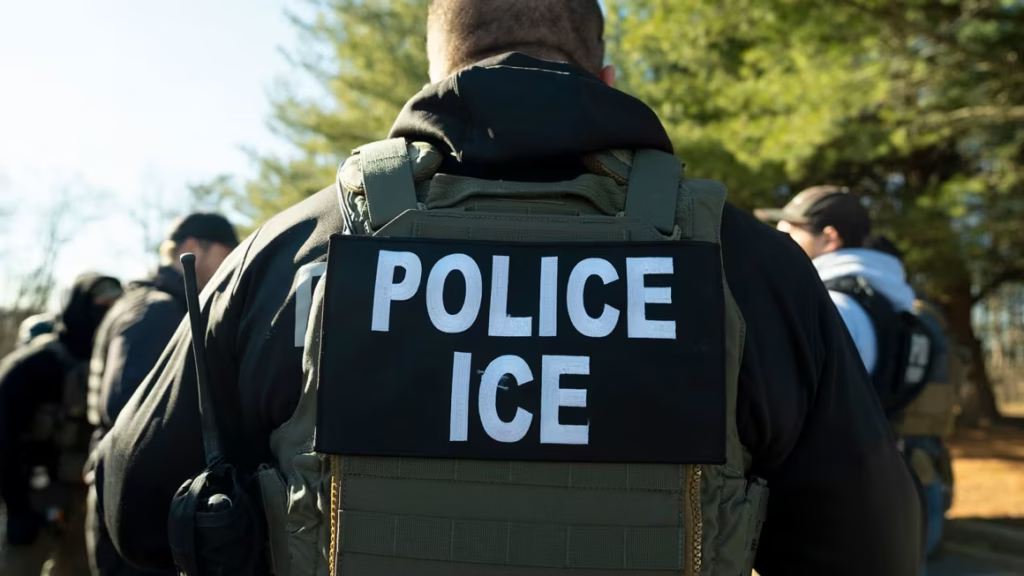Nicolás Maduro welcomed the support from his Colombian neighbor, and the first left-wing president to ever lead the nation of Colombia, Gustavo Petro.
President Petro came to the aid of Maduro after the United States government increased its bounty for information leading to the arrest and capture of the Venezuelan dictator to a mouth-watering $50 million, a life-altering sum for most, and one certainly for the top figureheads of the Venezuelan Armed Forces, a small, select cadre of loyal men for whom the reward is designed to tempt.
Petro came out very publicly against the announcement from the North Americans, whose regime-change rhetoric is now at an all-time high.
Petro warned that any military action against Venezuela without the collaboration from regional neighbors would be a grave violation of the region’s sovereignty, and would be “considered an act of aggression.”
President Petro also stated, “I don’t believe the solution to Venezuela’s political problems lies in spending money to kill or capture political leaders.”
The Colombian lip-service to the Venezuelan cause later encouraged the Venezuelan ruler to propose closer geo-strategic and bilateral ties between the two countries, and to “unite cooperation among authorities, governors, mayors, and legitimate public authorities; to unite national governments with ministries; to unite Colombia’s military forces with the Bolivarian forces in ensuring that this is a territory free of violence, armed groups, and drug trafficking,” Maduro said.
The proposal comes at a moment when the regime of Nicolás Maduro is more isolated now, than ever before. Since the return of Donald Trump to the White House for his second term, an aggressive pressure campaign has been building at the U.S. State Department, headed by Cuban-American Marco Rubio.
Increasing sanctions, mounting international pressure, and the crippling of one of Maduro’s key benefactors, Iran, following its war against Israel and U.S. airstrikes in June, have left the Venezuelan government increasingly more vulnerable.
Maduro also declared that his territory is a drug-free zone, responding to recent claims by the U.S. government, accusing the Maduro regime of operating a criminal narco-terrorist organization called the ‘Cartel de los Soles’, stating “Venezuela is a country free of coca leaf cultivation, free of cocaine laboratories, completely free … this year it has a record seizure of the percentage of cocaine that drug traffickers try to smuggle through our seas or our territory.”
Sanctions have also been applied specifically to top leaders within the Venezuelan military apparatus for their alleged connections with violent drug cartels and their facilitation of criminal human smuggling and drug trafficking networks.
The thought of Colombian political, economic, or even military cooperation with the Venezuelan socialist state has aroused tremendous outcry from Petro’s conservative political opposition, who have been repulsed by the president’s perceived “radical left-wing extremism” with which he has governed Colombia.
President Petro’s approval rating among Colombian citizens is arguably the lowest that it has ever been as he heads into the final year of his administration.
The Colombian constitution prohibits two consecutive terms as president.
Opposition leaders in Colombia originally condemned a recent agreement between Petro and Venezuela’s Maduro, which was signed last month, a memorandum establishing a “Zone of Peace, Unity, and Binational Development” on their shared border, marking an unprecedented development in the relations between the two nations since the rise of Hugo Chavez. The move has been viewed as a “significant political and economic step between the two governments”, noted Semana.
The agreement has also been criticized for providing legitimacy to the Venezuelan regime, and vociferously condemned by an oppositional party that has functioned on its historically-held platform of ensuring that the Colombian Republic does not become “another Venezuela.”
The move was also viewed with condemnation by many in the Colombian government.
However, Petro defended his position on cooperation with Venezuela by stating, “My mandate is to coordinate intelligence efforts to combat drug trafficking with the United States, Europe, Latin America and the Caribbean, China, the Arab world, and the entire world.”
Petro raised eyebrows domestically and among leaders in Washington by asserting, “I have given instructions that, above political differences, the armies of Latin America must coordinate as a priority”, implying some degree of military cooperation between the governments of Colombia and Venezuela.
Colombia has traditionally been an important purchaser of U.S. military equipment, a relationship that Petro had threatened to sever in recent weeks. These threats were then retracted shortly after.
Washington, for many decades, has taken pride and solace in the idea of having Colombia as one of its greatest partners in the region. Colombia remains its top trading partner in Latin America and a nation with which the United States coordinates very closely on issues such as regional security and initiatives to combat drug trafficking, working closely with partners to conduct anti-narco-terrorist operations in the region.
In a recent radio interview, Secretary Rubio challenged the Colombian government of Gustavo Petro by asserting that the “Venezuelan regime of Nicolás Maduro is operating by proxy through the use of criminal drug cartels, destabilizing the Colombian political system.”
Rubio went on to say that “We [United States] just hope that the institutions in Colombia, the courts, many of the people in the Congress, are not for the game that is going on right now…and so, they’ll have elections in about another year and hopefully the country will be able to get back on the course that it was on, which was one of the strongest and closest partners that America had in the region.”
Rubio also added, “We have got to take them on with more than just rewards!” alluding to the U.S. government’s revised bounty.

